Saudi Arabia’s main objective is to weaken resistance, subjugate Lebanon: Top Hezbollah official
A high-ranking Hezbollah official has blasted a weeks-long diplomatic dispute between Lebanon and Persian Gulf countries in the wake of a Lebanese minister’s condemnation of the devastating Saudi war on Yemen, stating that Saudi Arabia’s main objective out of the crisis is to undermine the Lebanese resistance group and subdue the Arab country.
“We do not seek a conflict at all, neither with Saudi Arabia nor with any other [Persian] Gulf country. We hope Lebanon’s relations with its Arab brethren stay close and intimate, but not at the expense of our sovereignty and dignity,” vice president of the executive council of Hezbollah, Sheikh Ali Da’moush, said at a ceremony in the southern Lebanese village of Aaitit on Sunday.
He underlined that some US lawmakers and officials have frequently criticized the Saudi-led coalition’s war in Yemen as well as the brutal siege against the impoverished nation, but Saudi authorities do not dare to respond.
“Did Saudi Arabia dare to recall its ambassador, expel the US ambassador from Riyadh, and demand the resignation of those representatives from [US] Congress? Definitely not!”
“On the contrary, Saudi Arabia is tough on Lebanon and is escalating a diplomatic dispute with the country. It is waging a futile war against the Lebanese nation, and some insiders are even assisting Saudi Arabia to arrive at its goals,” Sheikh Da’moush pointed out.
He stated that the main purpose of Saudi Arabia’s actions is to constrain the anti-Israel resistance front, change Lebanon’s internal equations, and create a new political structure in order to weaken Hezbollah and completely subjugate Lebanon to the Riyadh regime’s demands.
Sheikh Da’moush further underscored that the vicious campaign against Hezbollah has failed.
“We advise those who seek to weaken the Hezbollah resistance group to renounce their acts, as the movement is well-established and deeply-rooted (in Lebanon), and no one can either depose it or downplay its role in supporting Lebanon,” the senior Hezbollah official pointed out.
Tensions rose between Riyadh and Beirut following critical comments made by Lebanese Information Minister George Kordahi in an interview regarding the Saudi war on Yemen.
During the interview, aired by an online show affiliated with Qatar’s al-Jazeera television network, Kordahi called the Saudi-led Yemen war "futile", and said that Yemeni army forces and their allied fighters from Popular Committees are defending themselves.
The interview was recorded before Kordahi was appointed as minister, but it aired on October 25.
The Lebanese minister’s remarks infuriated Riyadh and prompted it to expel Lebanon’s ambassador and ban all imports from the Mediterranean country.
On November 11, Hezbollah Secretary General Sayyed Hassan Nasrallah accused Saudi Arabia of seeking to provoke civil war in Lebanon, saying Riyadh pretends to be friends with the Lebanese people and government while pushing its allies to stand against the popular group in the country.
Saudi Arabia, backed by the US and regional allies, launched the war on Yemen in March 2015, with the goal of bringing the Hadi government back to power and crushing the popular Ansarullah movement. The war has left hundreds of thousands of Yemenis dead, and displaced millions more. It has also destroyed Yemen’s infrastructure and spread famine and infectious diseases there.
In recent months, Yemeni armed forces and the Popular Committees have grown steadily in strength against the Saudi-led invaders and left Riyadh and its allies bogged down in the country.
Meanwhile, Saudi Arabia has repeatedly urged Beirut to end what it calls the “domination” of the Lebanese resistance group in Lebanon’s affairs, in what itself is seen in Lebanon as part of Riyadh’s overt interference in the country’s domestic affairs.
In an interview with France 24 television aired on Saturday, Saudi Foreign Minister Prince Faisal bin Farhan Al Saud repeated the anti-Hezbollah allegation, saying the kingdom sees “no useful purpose of engaging with the Lebanese government at this point in time.”
Observers have also noted that politicians and government officials in the West, as well as writers and analysts, have repeatedly condemned Saudi Arabia for its war on Yemen, without receiving a strong stand from Riyadh.
“Why didn’t he feel that the Kingdom was being insulted when Donald Trump insulted it in his speeches and said that he would milk the country, which needed to pay for US protection?” asked Amira Abo el-Fetouh in an opinion piece published early this month, referring to the Crown Prince and de-facto ruler of Saudi Arabia Mohammad Bin Salman.
“Why have they stayed silent in the face of constant insults by Western leaders and officials? They look in their mirrors and see lions; they are anything but,” she added.
VIDEO | Press TV's news headlines
VIDEO | Pakistan mosque attack in Islamabad sparks protests in Kashmir
Hamas condemns Israel's 'fascist settler-colonial' project aimed at annexing West Bank
Iran's Greco-Roman wrestling team wins championship title at Zagreb Open 2026
VIDEO | UK arrests Press TV contributor amid crackdown on pro-Palestine activism
VIDEO | Axis of Resistance stands as multinational front for justice
Swiss academics call for end to research treaty with Israel over Gaza genocide
VIDEO | Israeli regime harasses, tortures Gazans returning through Rafah crossing


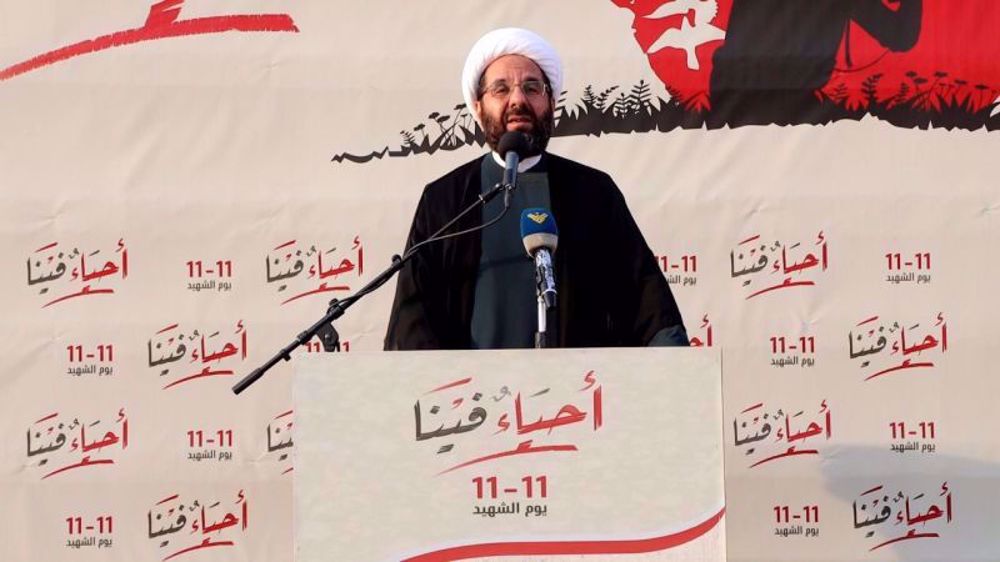
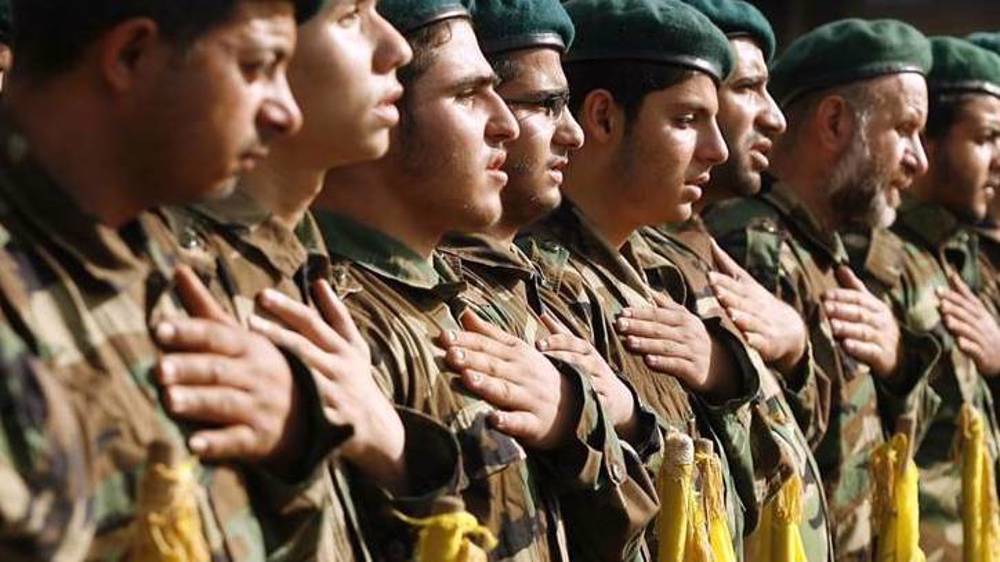
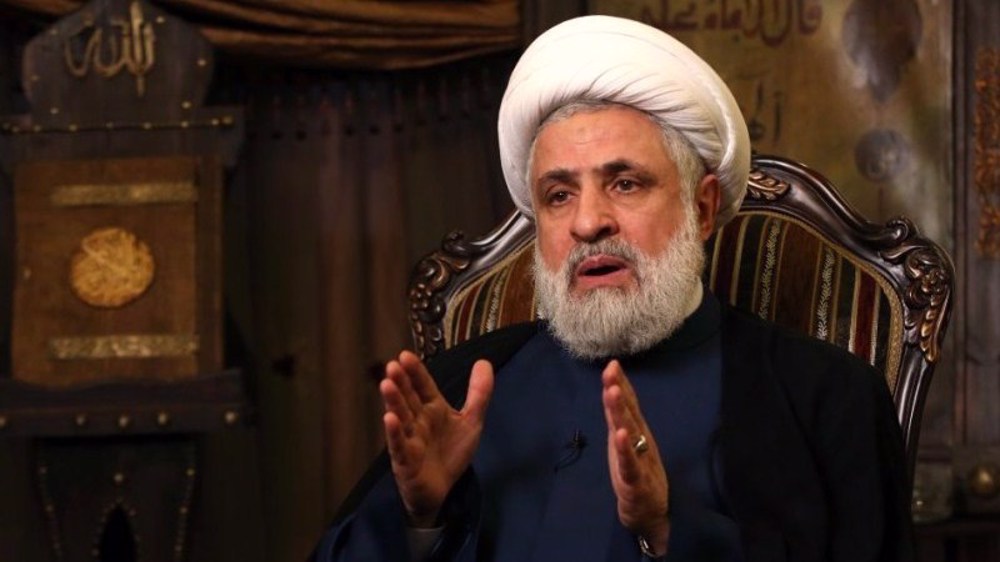
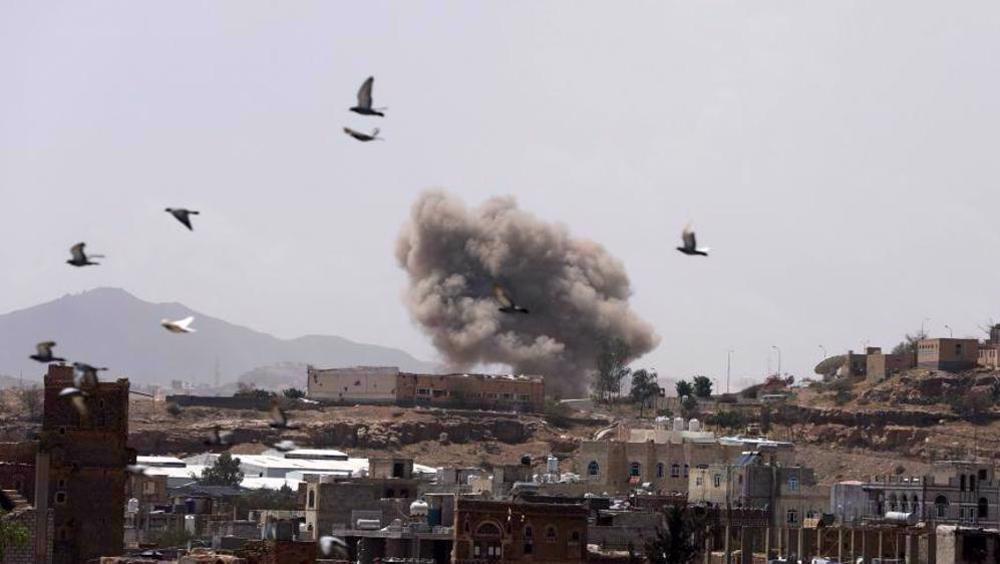
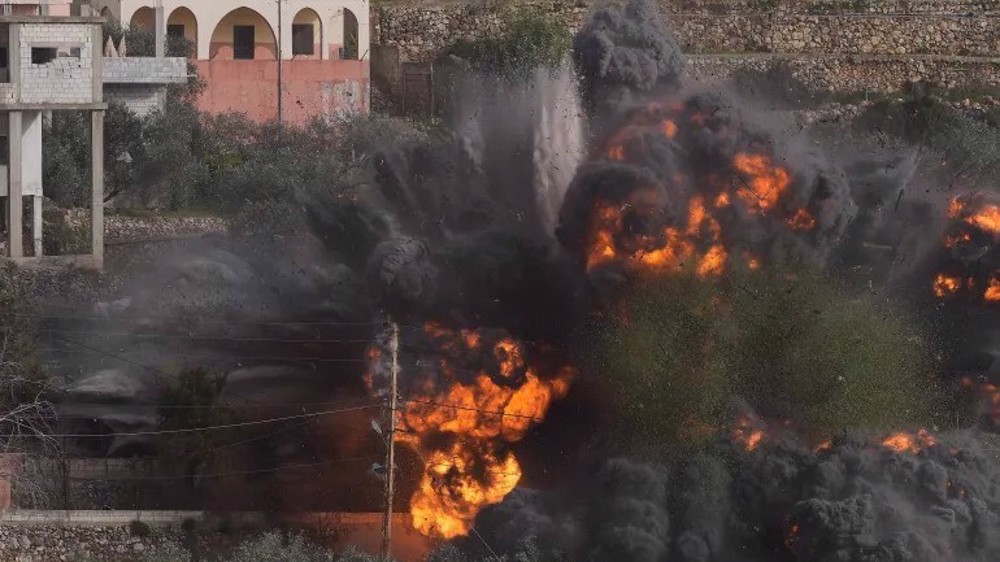
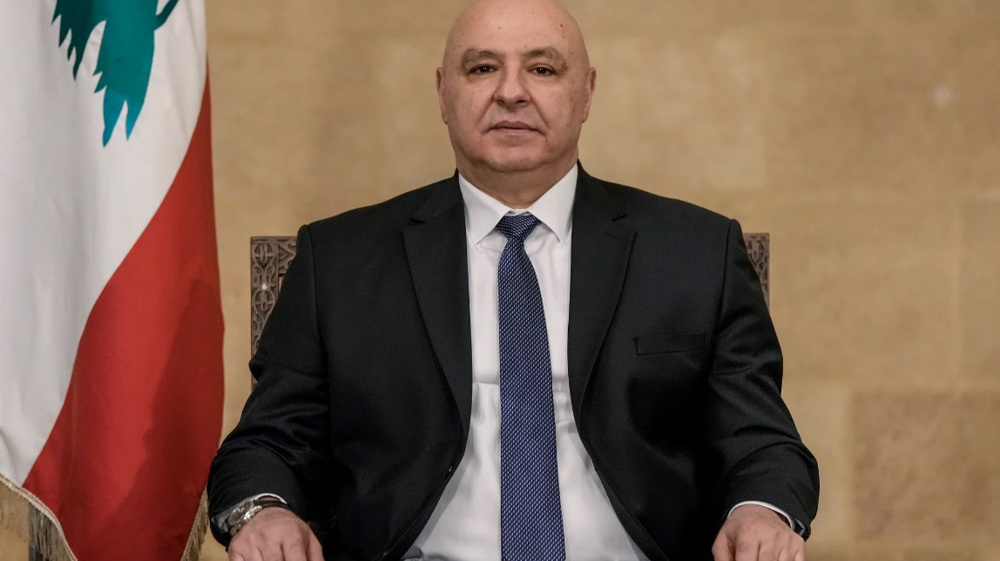
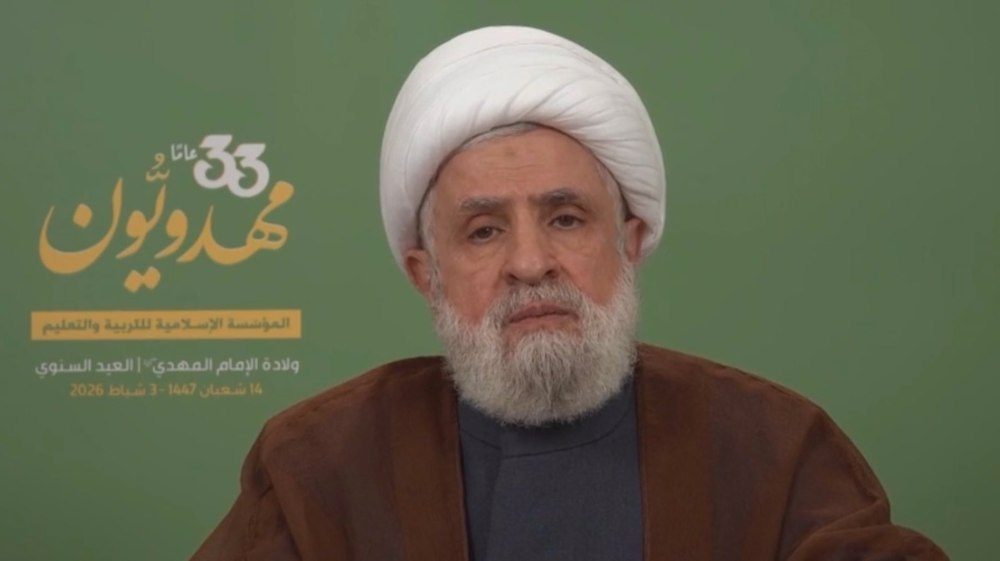



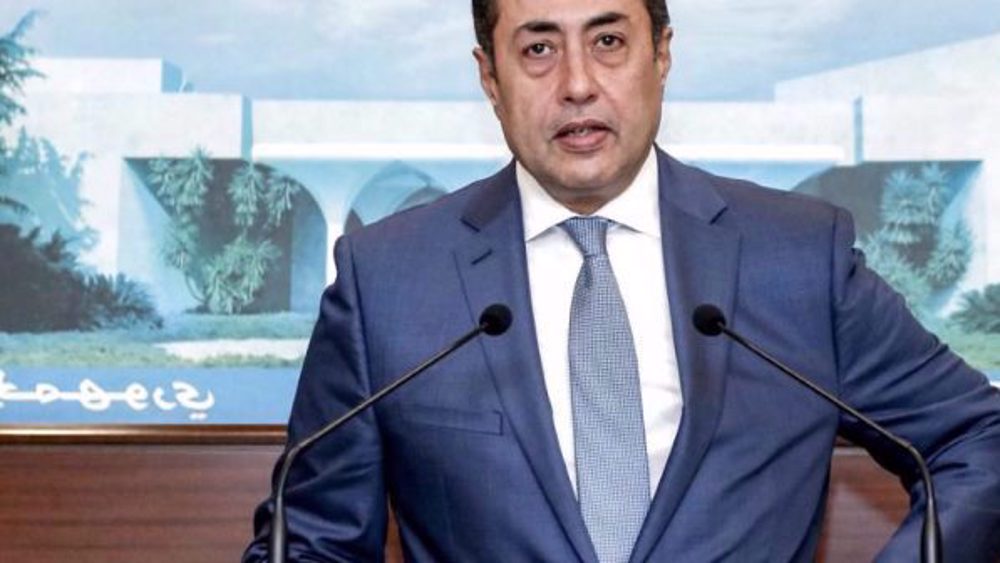
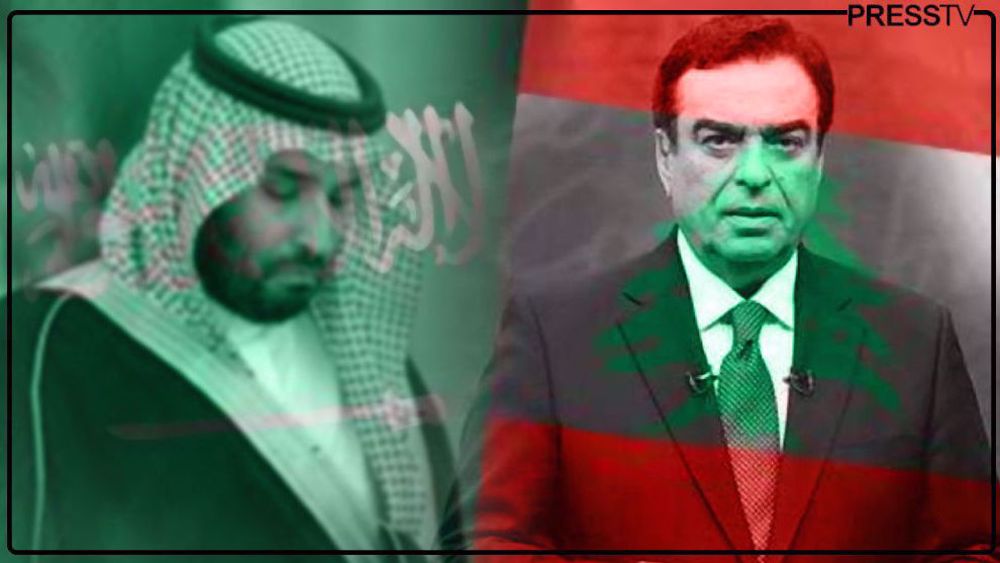
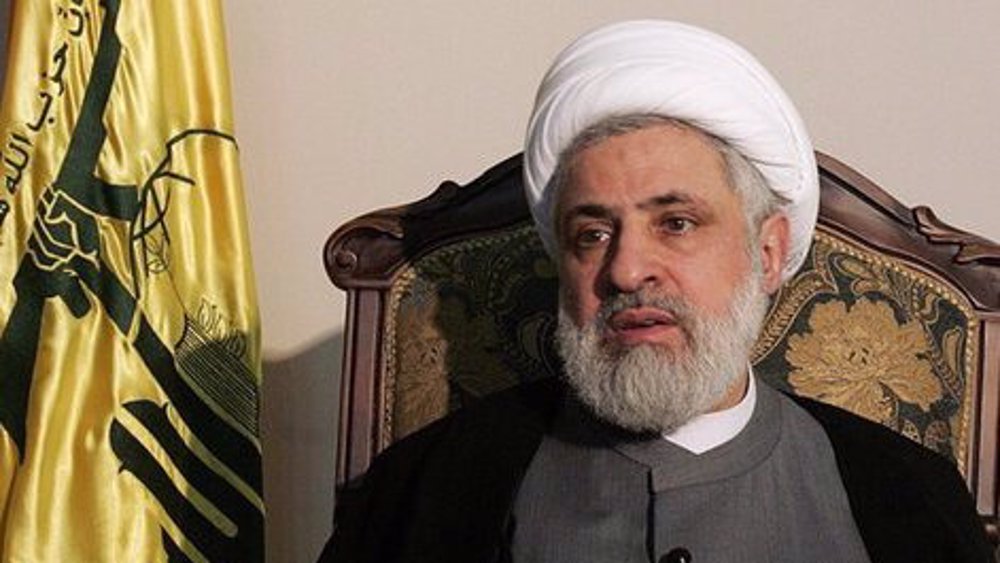
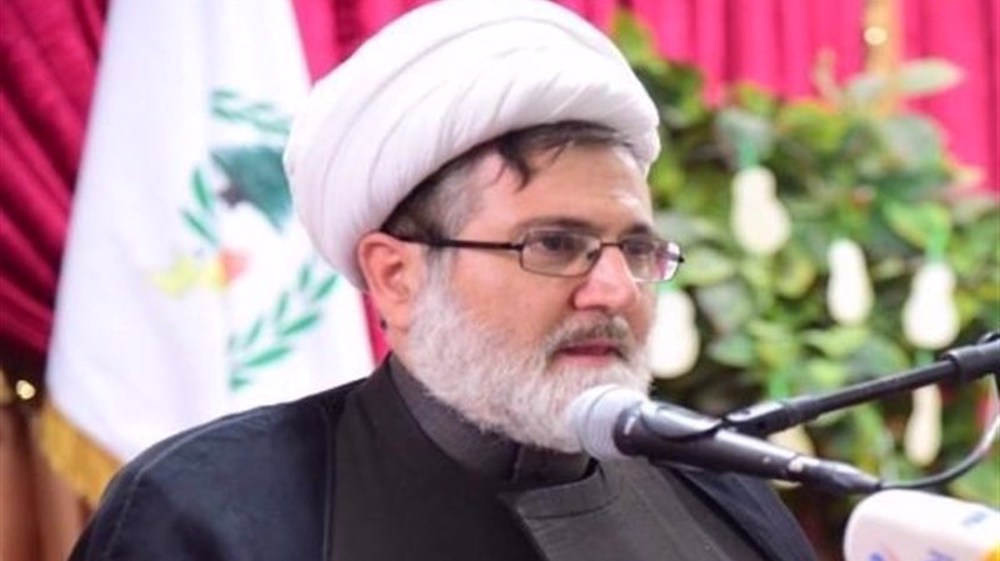
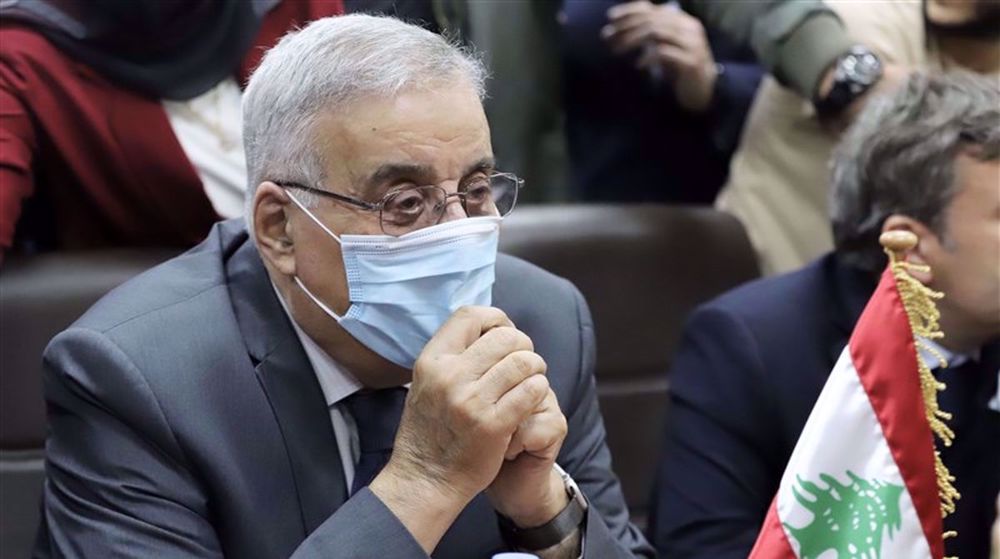
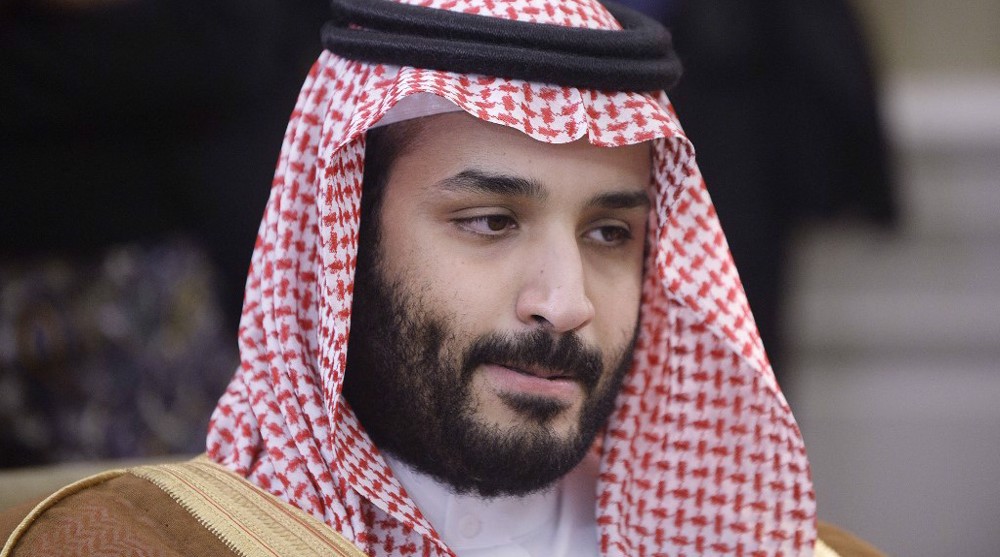
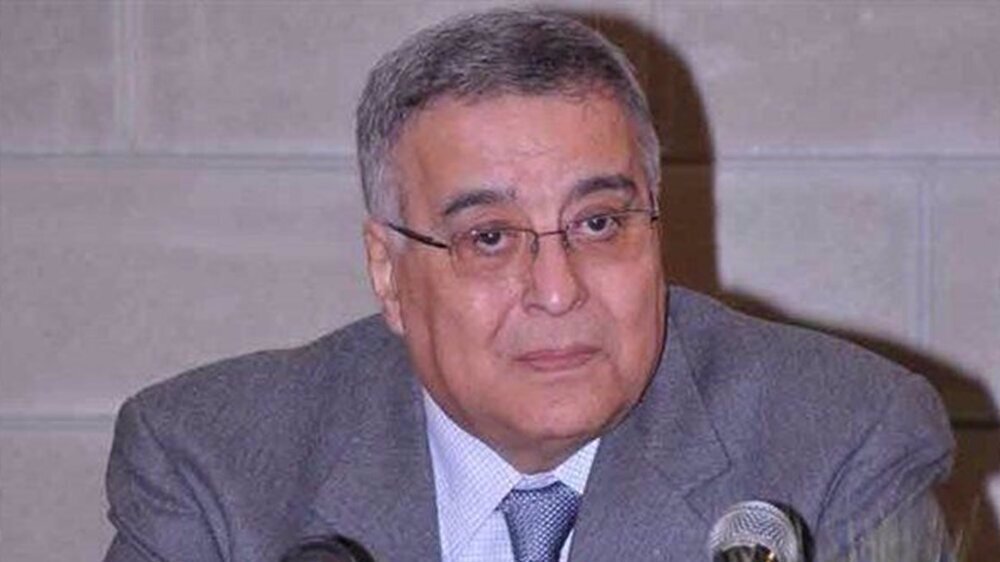
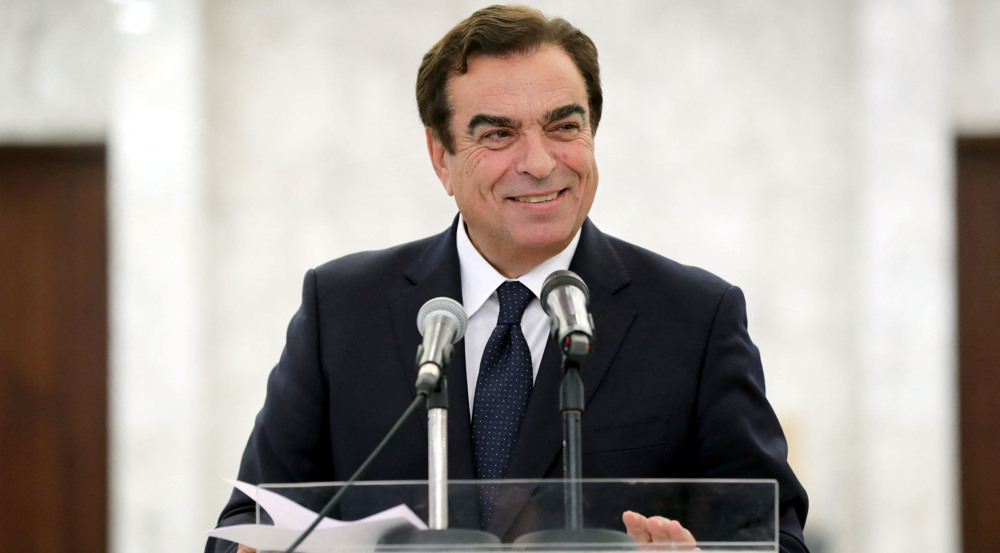
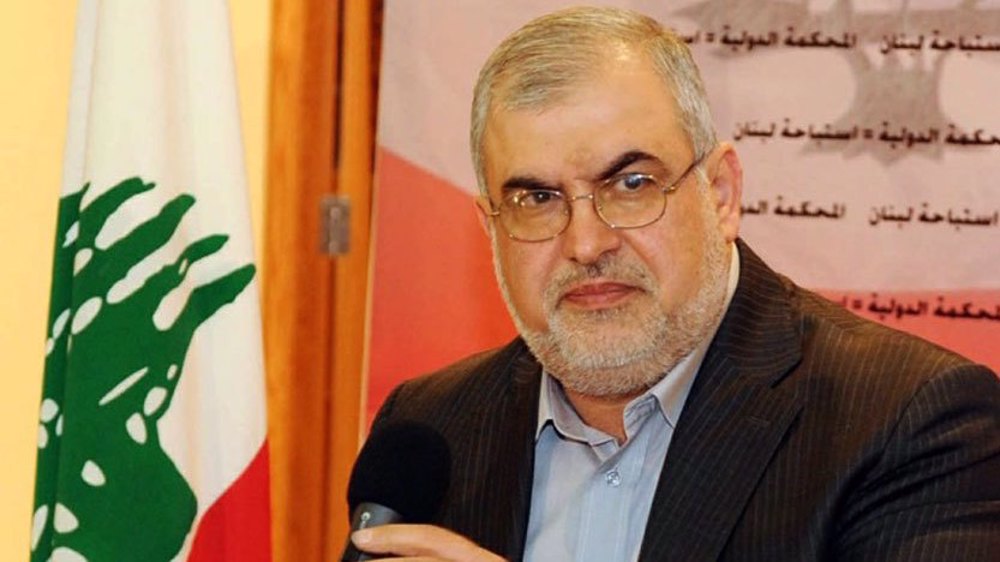

 This makes it easy to access the Press TV website
This makes it easy to access the Press TV website